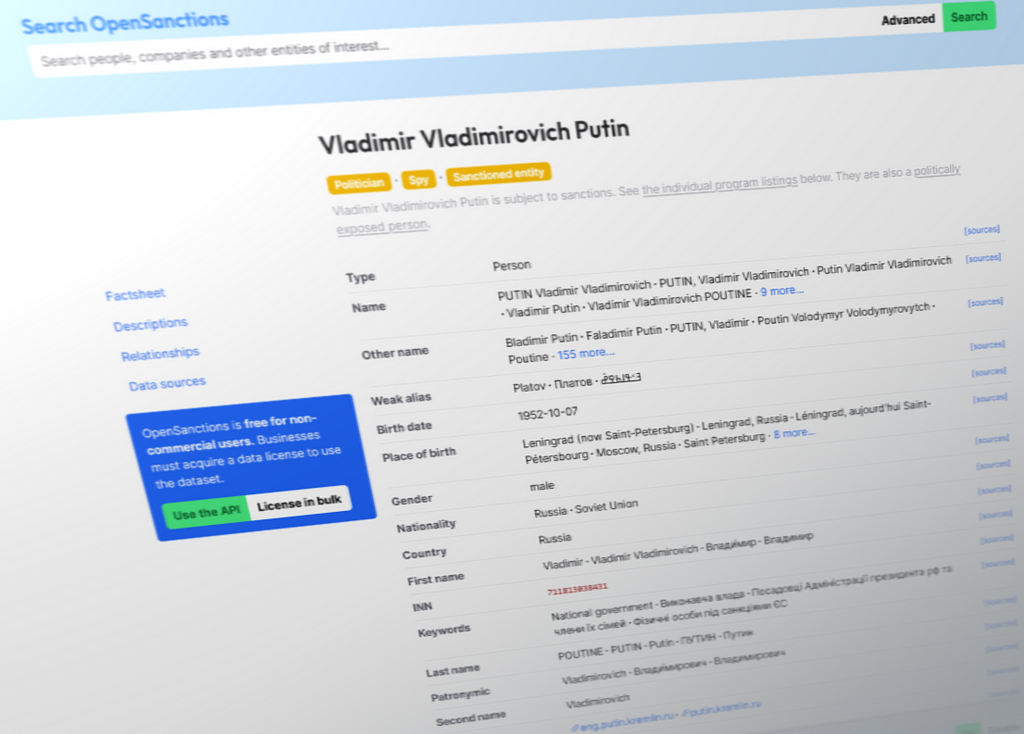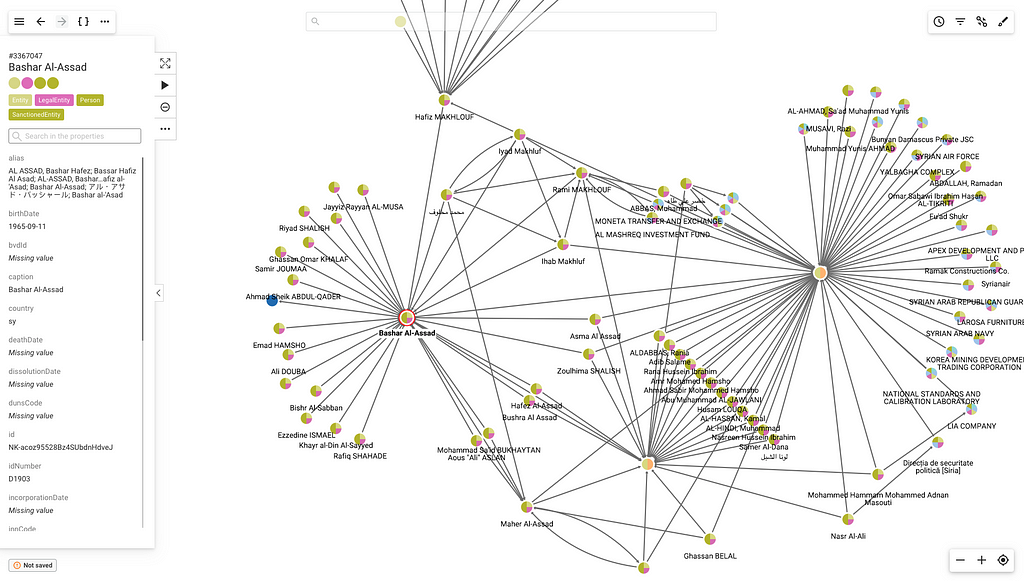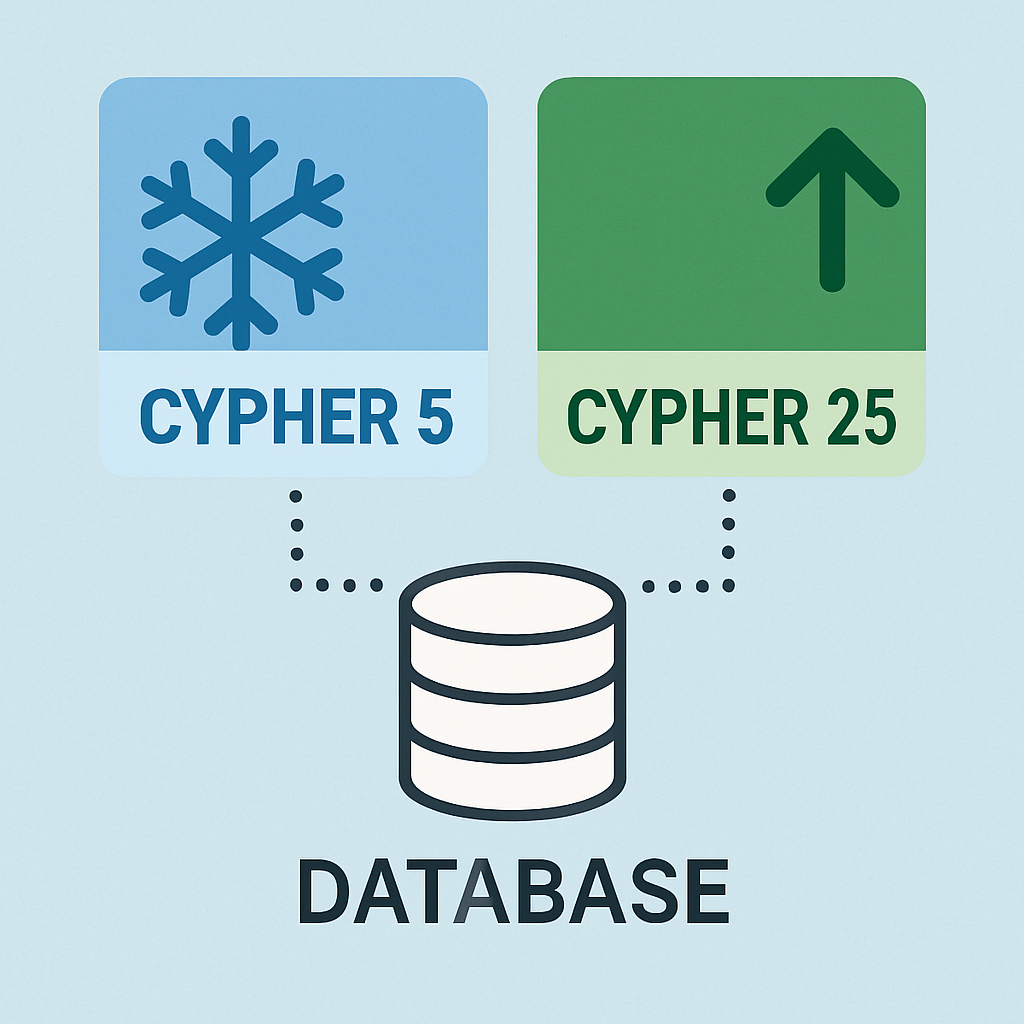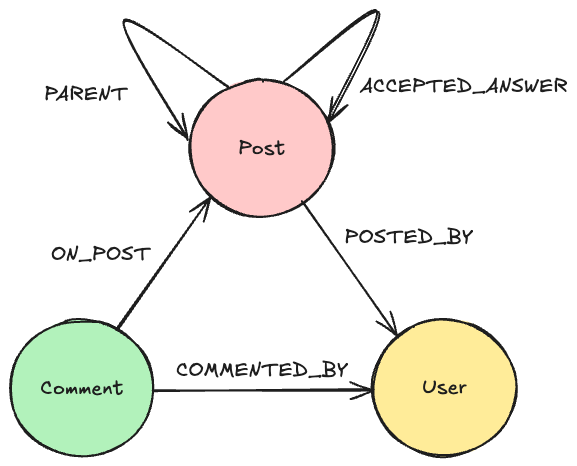OpenSanctions: An Open-Source Project About Financial Restrictions

Senior Developer Marketing Manager
3 min read

Friedrich Lindenberg joined me to talk about investigative journalism and showcase his project OpenSanctions which tracks sanctions and financial restrictions on assets and individuals.
To watch the full episode, scroll to the end of this blog post.

On Investigative Journalism and Sanctions
With leaks being very common these days, journalists are tasked with discovering the relationships between people or things of all kinds. They then want to find out what this means and reveal stories. But with data leaks becoming bigger and bigger, as a journalist, you are struggling to find what’s really interesting.
Graphs lowered the entry hurdle for journalists to discover these connections (think PanamaPapers). In addition, international collaboration has become more common now, and journalists across various publications and countries regularly work together on these leaks.
This is interesting, because it allows for “regional” celebrities to be identified much quicker, and links between local stories and global infractions become clear.
Friedrich describes Sanctions as data-ified politics. Governments saying they don’t want to work with these people and restrict the business of these individuals, groups, or companies.
Sanctions can only react to discoveries by the officials and are therefore lagging a bit behind the fast flow of today’s world. It can only cut the influx of resources for the identified individuals, but most likely, they still have access to enough resources somewhere else.
Friedrich was used to a pace of about seven people per week to be added, but since the invasion of Ukraine by Russia, all of a sudden, up to 300 people were added daily. Especially in an ongoing war, he thinks that sanctions are only a last resort and cannot have an impact on day-to-day politics.
OpenSanctions in Action
On OpenSanctions, you can look at the sanctions put out by many governments. But it goes a step further and enriches each listing with additional information from other sanctions listings but also from the wider internet (think company ownership registrations) if data is available. Due to this, OpenSanctions is also closely tied with OpenOwnership, which tracks company ownership registrations.
These two sources combined as a “mega graph” are most interesting for investigative journalists on the hunt for their next story but also a valuable asset for law enforcement.

OpenSanctions recently co-founded OpenScreening for a new way to search, visualize and analyze publicly available data to uncover the hidden relationships between sanctions targets and their networks. The goal is to make access as easy as possible so that no technical background is needed to work with that data.

We finished the episode by Friedrich showing the networks around specific infamous politicians and people of influence in Neo4j. To nobody’s surprise, you immediately get clusters between sanctions and offshore leaks, which is particularly exciting for any (data) journalist to go through that list to discover new straw men, illicit holdings, or even crimes.
Watch the Full Episode
Interesting Links
Friedrich Lindenberg
OpenSanctions
Follow the Money
OpenOwnership
OpenScreening
Offshore Leaks
OpenSanctions: An Open-Source Project About Financial Restrictions was originally published in Neo4j Developer Blog on Medium, where people are continuing the conversation by highlighting and responding to this story.








